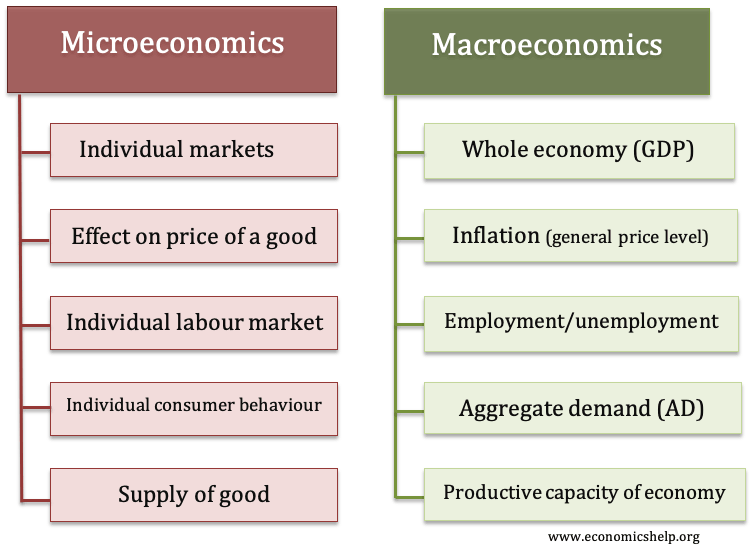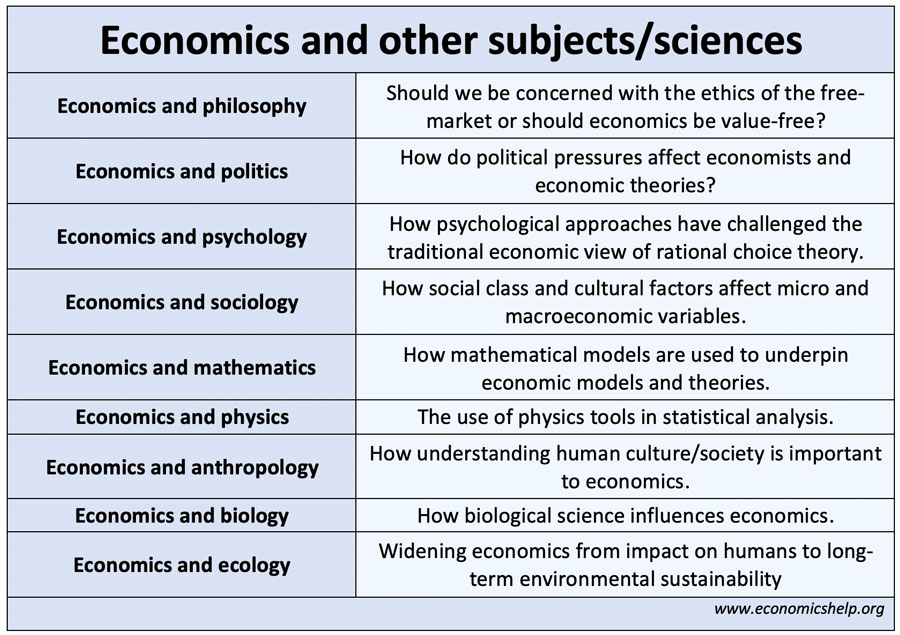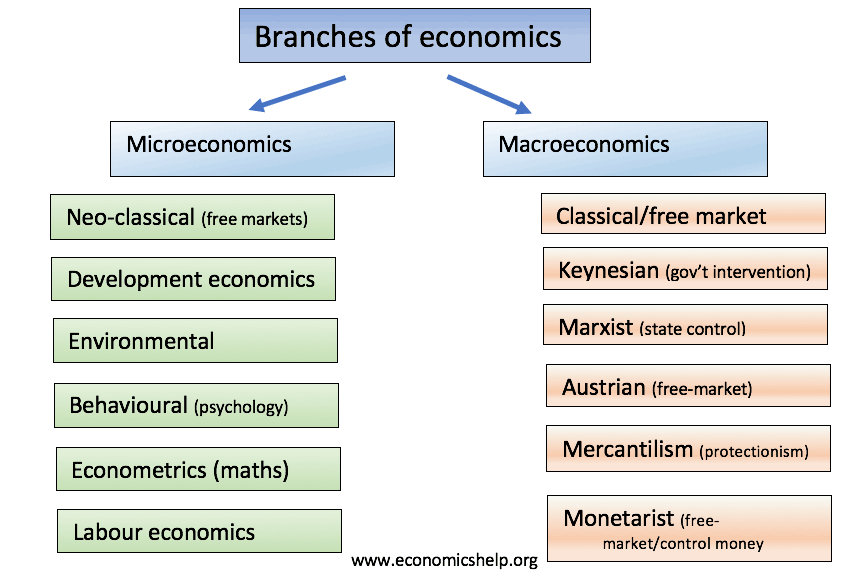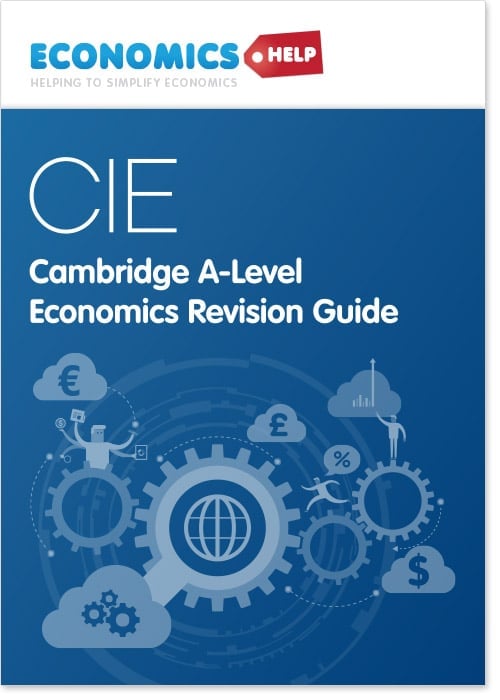Difference between microeconomics and macroeconomics
Readers Question: Could you differentiate between micro economics and macro economics? Microeconomics is the study of particular markets, and segments of the economy. It looks at issues such as consumer behaviour, individual labour markets, and the theory of firms. Macro economics is the study of the whole economy. It looks at ‘aggregate’ variables, such as …





